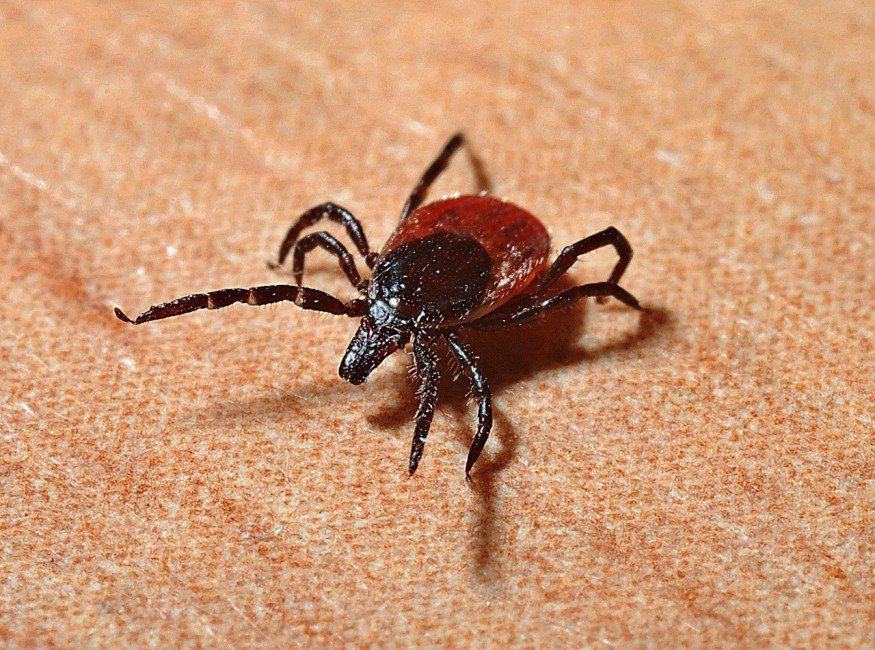
Scientists may have found a way to effectively counter the neurological symptoms of Lyme disease.
A new study led by Tulane National Primate Research Center, School of Medicine Assistant Professor Geetha Parthasarathy and edited by Lawrence Livermore National Laboratory's Amy Rasley presents a novel discovery that could help pave the way for potential treatments for Lyme disease symptoms, particularly the ones stemming from persistent neuroinflammation.
The study, published in Frontiers of Immunology, zeroed in on fibroblast growth factor receptor inhibitors that are commonly used in cancer treatment. Parthasarathy learned that the cancer treatment component could effectively reduce the manifestations of neurological symptoms in patients struggling with post-treatment Lyme disease syndrome.
Post-treatment Lyme disease syndrome is a condition marked by the lingering symptoms of the disease after antibiotic treatment. The symptoms are mostly neurological and include memory loss, fatigue, and pain.
The Centers for Disease Control and Prevention (CDC) also listed other neurological complications caused by the bacterial disease, including facial palsy/droop, numbness, weakness, stiff neck, severe headache, and visual disturbances.
According to Parthasarathy, the fibroblast growth factor receptor inhibitors appear to have the ability to significantly reduce inflammation and cell death in the brain, relieving the symptoms that show up due to nerve tissues infected by Borrelia burgdorferi, the causative agent of Lyme disease.
"Our findings open the door to new research approaches that can help us support patients suffering from the lasting effects of Lyme disease," Parthasarathy said in a Neuroscience News report.
"By focusing on the underlying inflammation that contributes to these symptoms, we hope to develop treatments that can improve the quality of life for those affected by this debilitating condition."
The discovery suggests that patients suffering from the neurological symptoms of Lyme disease may find relief through new treatments targeting the fibroblast growth factor receptor pathways.
In the study, the researchers tried this approach by treating nerve tissue with live or inactivated B. burgdorferi using inhibitors of the receptor. They found a significant reduction in both inflammatory markers of cell death as a result.
Though the findings are already promising, more research is needed to verify the inhibitor's potential in the treatment of post-treatment Lyme disease syndrome.
